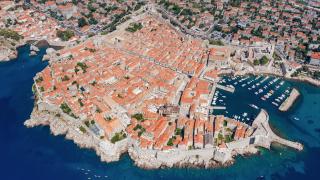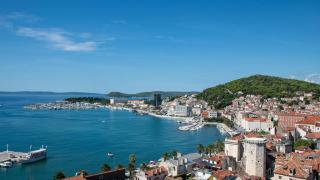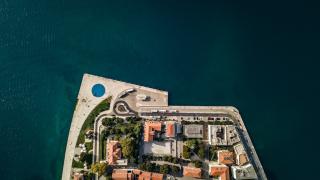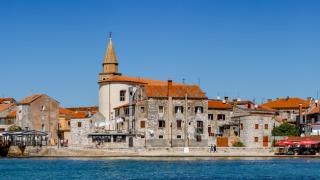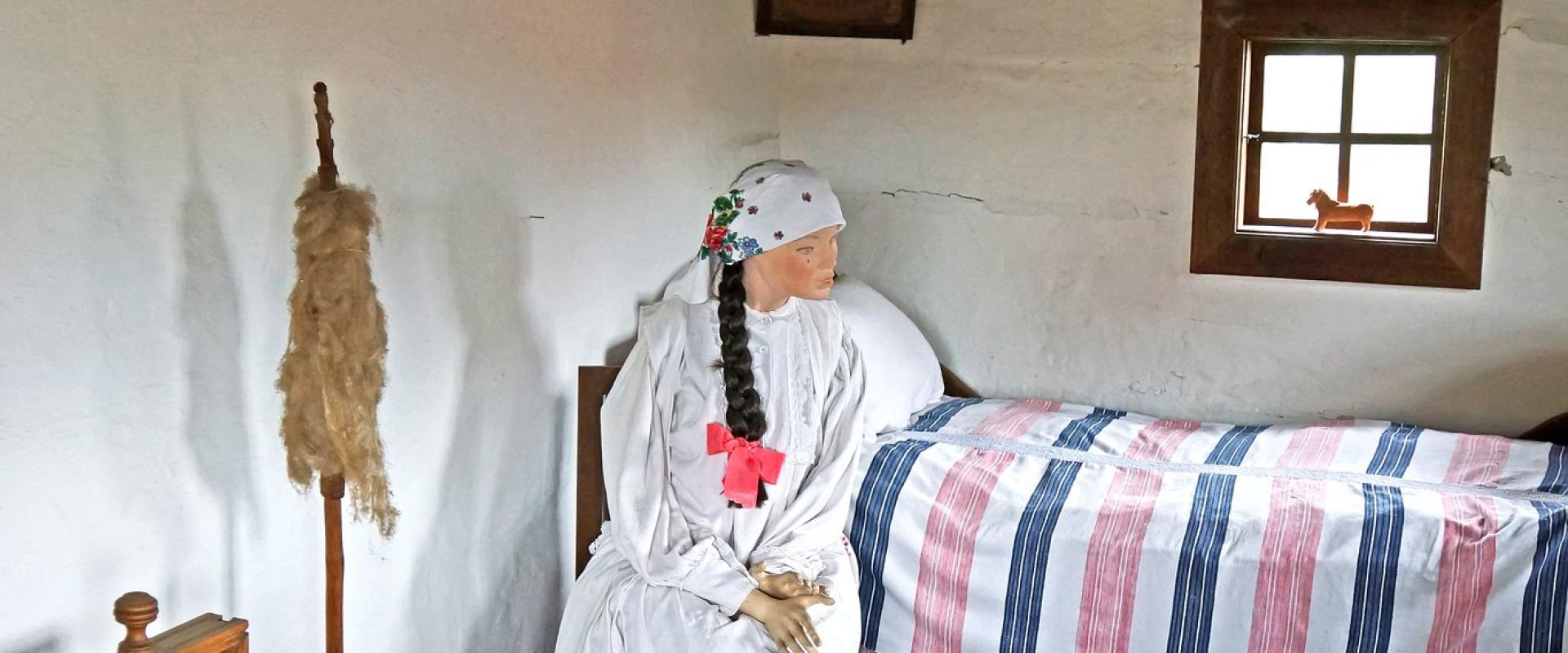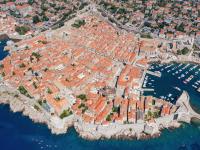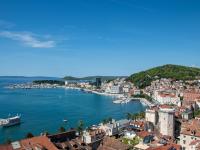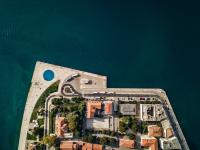Introduction
Long-term stays, defined as periods exceeding 90 days in a destination, require careful planning and preparation. These extended visits offer unique opportunities for cultural immersion and authentic local experiences.
Key considerations for long-term stays include:
- Visa requirements and residency permits
- Housing arrangements and lease agreements
- Healthcare coverage and insurance needs
- Financial planning and banking setup
- Local registration requirements
Extended stays provide several advantages:
- Deeper cultural understanding and integration
- Cost-effective accommodation options
- Opportunity to develop local connections
- Flexibility to explore at a relaxed pace
- Potential for remote work arrangements
This guide covers essential aspects of planning and executing successful long-term stays. We'll explore legal requirements, practical considerations, and strategies for establishing a temporary home base while maintaining compliance with local regulations.
Visa Requirements
Long-term stays in Croatia require specific visa documentation for periods exceeding 90 days. Visitors must obtain a temporary residence permit through the following options:
Long-Stay Visa Types:
- Work permit visa (up to 1 year)
- Student visa (duration of study program)
- Digital nomad visa (up to 1 year)
- Family reunification visa (1-2 years)
- Retirement visa (1 year, renewable)
Application Requirements:
- Valid passport (minimum 3 months beyond stay)
- Proof of sufficient funds (€1,000/month)
- Health insurance coverage
- Criminal background check
- Proof of accommodation
- Purpose-specific documentation
Digital Nomad Visa Specifics:
- Minimum monthly income: €2,300
- Work contract or company ownership proof
- Application fee: €100
- Processing time: 2-4 weeks
Residence Permit Process:
- Submit application at Croatian embassy or consulate
- Register address within 3 days of arrival
- Obtain Croatian ID card (€35)
- Annual renewal required
- Biometric data collection mandatory
Processing Times and Costs:
- Standard processing: 30-60 days
- Express processing: 15-20 days (additional €200)
- Basic visa fee: €150
- Residence permit fee: €100-250 depending on type
Accommodation Options
Long-term accommodation in Croatia offers several rental options with varying price points and lease requirements:
Apartment Rentals
- Unfurnished apartments: €400-800/month in smaller cities
- Furnished apartments: €600-1200/month in major cities
- Typical lease duration: 12 months minimum
- Security deposit: 1-2 months' rent
Popular Expat Areas
- Zagreb: Maksimir, Britanac, and Upper Town districts
- Split: Meje, Bačvice, and Žnjan neighborhoods
- Dubrovnik: Lapad and Gruž areas
Rental Process Requirements
- Valid residence permit
- Proof of income or bank statements
- Passport and OIB (Croatian tax number)
- Rental contract notarization
Additional Expenses
- Utilities: €100-200 monthly
- Internet and cable: €30-50 monthly
- Building maintenance: €20-40 monthly
- Agency fees: One month's rent (if applicable)
Long-Term Housing Tips
- Book temporary accommodation for initial arrival
- Schedule viewings 2-3 months before intended move
- Request utility bill history from landlord
- Join local expat groups for housing leads
- Consider seasonal price fluctuations in coastal areas
Most landlords prefer direct bank transfers for rent payments. Property insurance is recommended but not mandatory.
Monthly Expenses
Monthly budgets for long-term stays in Croatia typically range from €1,200-2,500 for single occupancy. Here's a detailed breakdown:
Housing & Utilities
- Rent: €400-800 (smaller cities), €700-1,200 (major cities)
- Utilities: €100-150 monthly
- Internet/Phone: €30-50
Daily Living
- Groceries: €300-400 monthly
- Local market produce: €150-200
- Restaurant meals: €8-15 per meal
- Coffee/drinks: €1.5-3
Transportation
- Monthly public transit pass: €40-60
- Taxi rides: €5-10 per trip
- Car rental (monthly): €400-600
Healthcare & Insurance
- Private health insurance: €50-100 monthly
- Basic medical visit: €30-50
Entertainment & Leisure
- Gym membership: €30-50 monthly
- Cinema tickets: €7-10
- Cultural events: €15-30
- Language classes: €150-200 monthly
Additional Expenses
- Home insurance: €20-30 monthly
- Cleaning service: €8-12 per hour
- Laundry service: €5-8 per load
Practical Considerations
Banking and Financial Services
- Open a Croatian bank account with proof of residence permit and local address
- Most banks require initial deposits of €100-500
- Monthly maintenance fees range from €2-5
- Online banking available in English at larger banks
Healthcare Access
- Register with Croatian Health Insurance Fund (HZZO) within 8 days of residence permit
- Monthly insurance contributions: €70-100 for self-employed individuals
- Private insurance options available from €50/month
- English-speaking doctors available in major cities
Internet and Communications
- Home internet packages: €25-40 monthly
- Mobile plans with data: €15-30 monthly
- Major providers: T-Mobile, A1, Telemach
- Installation waiting period: 5-10 business days
Language Requirements
- Basic Croatian proficiency required for residence permit renewal
- Language courses cost €200-400 per level
- Free language exchange groups available in major cities
- Official documents must be translated by certified translators
Local Registration
- Register address with local police within 3 days of moving
- Obtain OIB (tax number) for banking and utilities
- Annual residence permit renewal requires proof of accommodation
- Keep utility bills as proof of residence
Conclusion
Successful long-term stays in Croatia require thorough advance planning and attention to key requirements. A monthly budget of €1,200-2,500 covers essential living expenses for most locations.
Key Success Factors:
- Secure proper visa documentation at least 3 months before arrival
- Establish local banking arrangements within first 2 weeks
- Book accommodation for minimum 6-month periods for best rates
- Register with local authorities within 3 days of arrival
Essential Resources:
- Ministry of Interior Affairs: www.mup.hr (visa/residence permits)
- Croatian Health Insurance Fund: www.hzzo.hr
- Tax Administration: www.porezna-uprava.hr
Next Steps:
- Begin visa application process
- Research accommodation options in target location
- Contact local expat groups for support
- Arrange health insurance coverage
- Schedule necessary medical examinations
